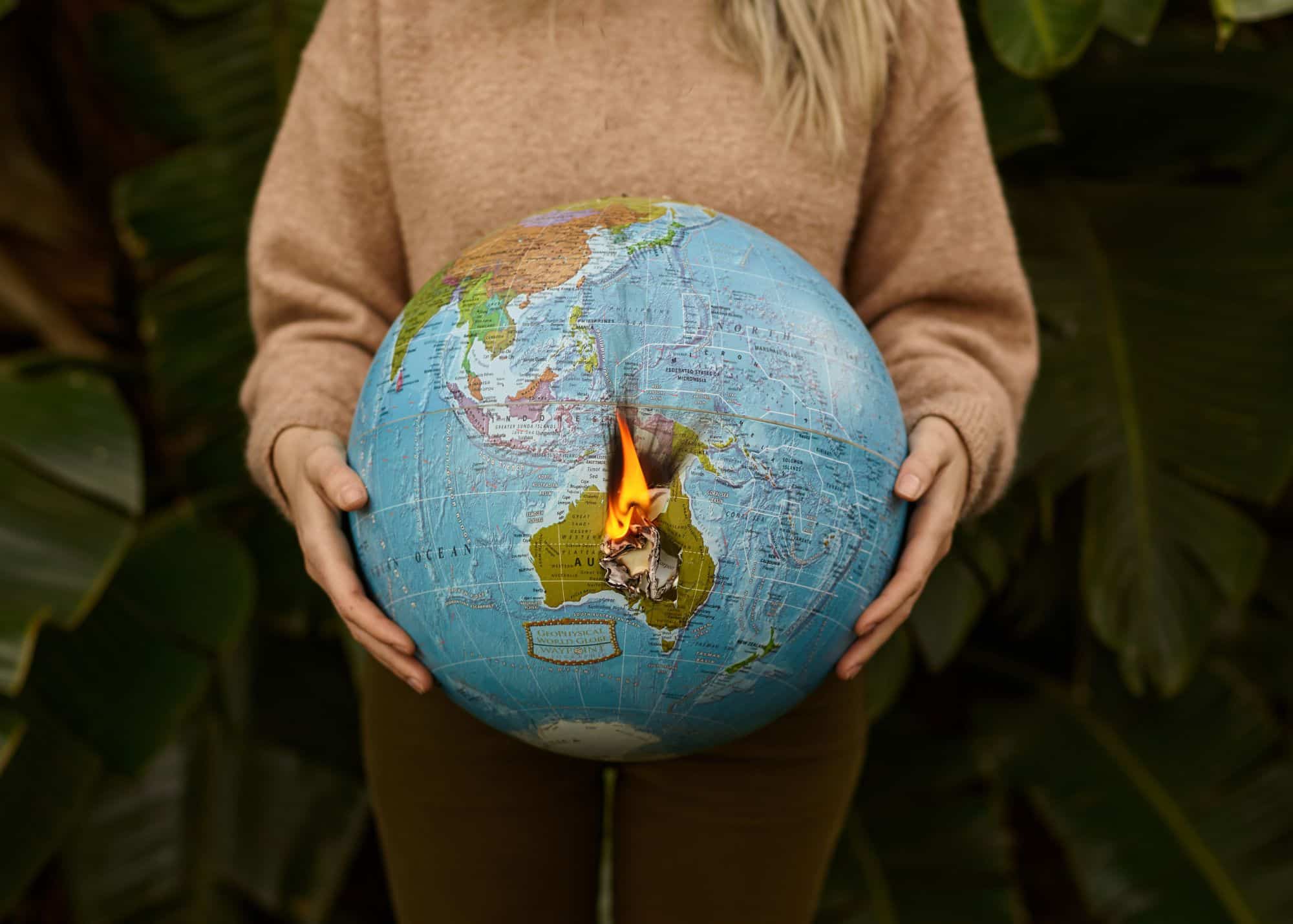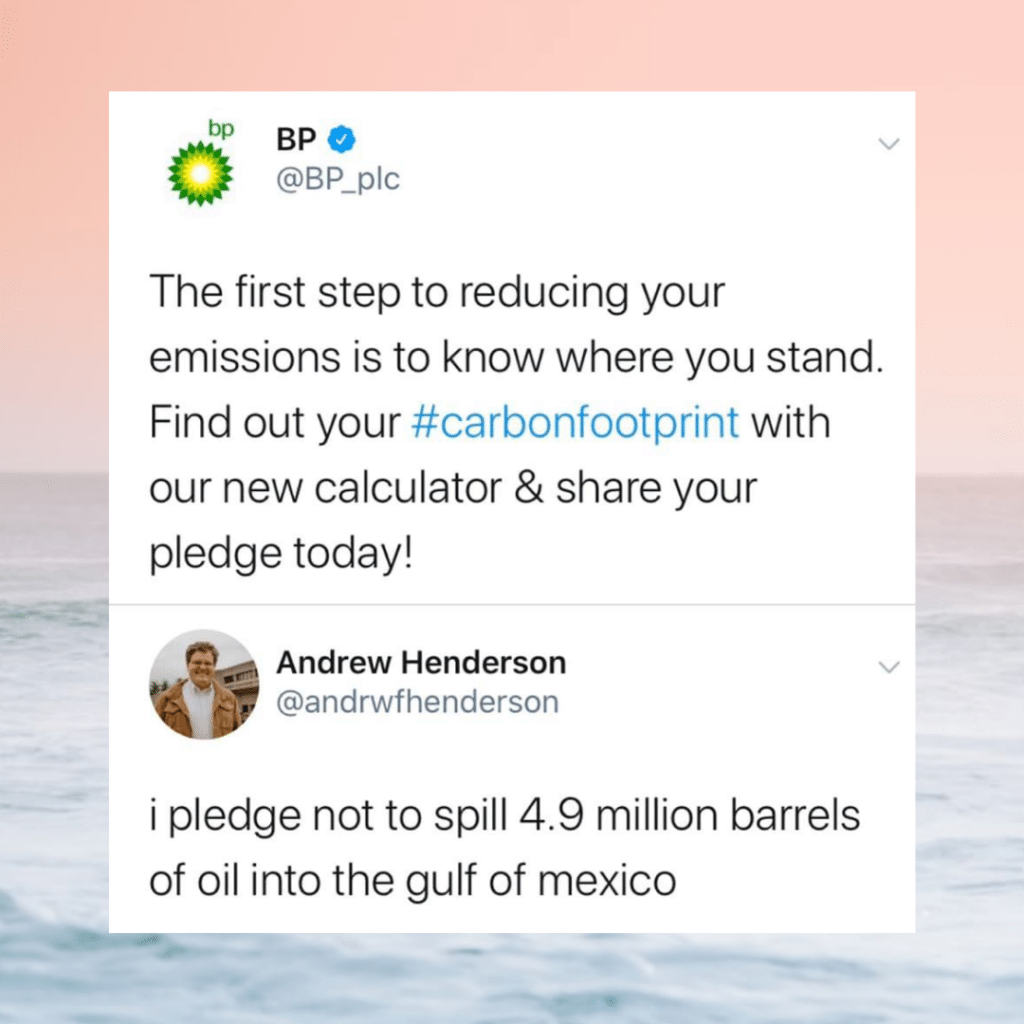It’s hard to feel good about riding your bike to the farmers market when 96 private jets land in Italy for Jeff Bezos’ second wedding.
A weekend reportedly stacked with megayachts, a million-dollar floral budget, and a carbon footprint so outrageous, it dwarfs anything the rest of us could offset in a lifetime.
With this week’s headlines highlighting the staggering resource use of a handful of billionaires, it’s easy to question why you bothered remembering your keep cup this morning.

Individual Climate Action vs Billionaires
According to Oxfam, the world’s richest 1% produce as much carbon pollution as the poorest 66%.
One percent, out-emitting two-thirds of the world.
Billionaires like Bezos have personal carbon footprints up to a million times higher than the average person. Private jets produce 14 times more emissions per passenger than a commercial flight. Superyachts burn through 500 litres of diesel per hour. That’s more than most of us emit in an entire year.
And that’s just the travel. It doesn’t account for the offshore tax havens, labour exploitation, or the supply chains built on extraction and excess.
So yeah, next to all that, a keep cup can feel a bit redundant.
So why bother with the small everyday actions?
It’s a fair question.
At some point, we were handed the idea that all of this was our responsibility. The now-ubiquitous “carbon footprint” was popularised not by scientists or activists, but by BP, part of a well-funded PR campaign to shift attention away from fossil fuel companies onto individuals. And it worked.
We absorbed the guilt and internalised the message: if we just tried harder — brought the tote bag, skipped the straw, shaved a few minutes off our shower — we could somehow eco-hack our way out of a planetary crisis.
Meanwhile, emissions keep rising, and governments mostly look the other way.

You’re Not the Problem, But You’re Part of the Shift
No, your individual actions won’t save the planet. Not on their own.
But that doesn’t make them meaningless.
Because small actions are about what we value. Those actions say we believe in caring, in community, and in doing less harm when we can.
When enough people start to care out loud, what once felt niche or idealistic becomes normal, and that normalisation has power.
The more sustainable habits become part of our everyday lives, the harder it gets for companies and governments to carry on with business as usual. And while top-down policy is essential, change rarely starts at the top.
Movements like Plastic Free July, Fashion Revolution, and the global climate strikes were sparked by people, often women, young people, and indigenous communities, who were fed up and decided to keep showing up, even when it felt futile.
Individual actions, repeated across millions of households, can become cultural shifts. And culture, when it moves, takes everything with it. They create the social pressure that forces brands to act, politicians to legislate, and create systemic change.
Collective Power Is How We Win
If you’re angry, that’s valid. Anger is often a sign you still care, and care is a powerful thing.
So use it.
Vote for leaders and policies that prioritise climate justice. Support the brands and businesses that align with your values. Call out the greenwashing when you see it. Talk to your friends and family about why this matters. Teach your kids that the planet isn’t disposable.
Use your platform, however big or small, to remind everyone that this is our home, and we want it to be liveable.
Keep Caring
Your compost bin won’t solve the climate crisis. Neither will mine. But the mindset that drives those small actions is what makes bigger change possible.
Because while our individual actions may not save the planet, the culture shift we’re building? That just might.


